The Transmission Company of Nigeria (TCN) has announced that power outages across parts of Northern Nigeria will persist due to security issues obstructing repairs on vital transmission lines.
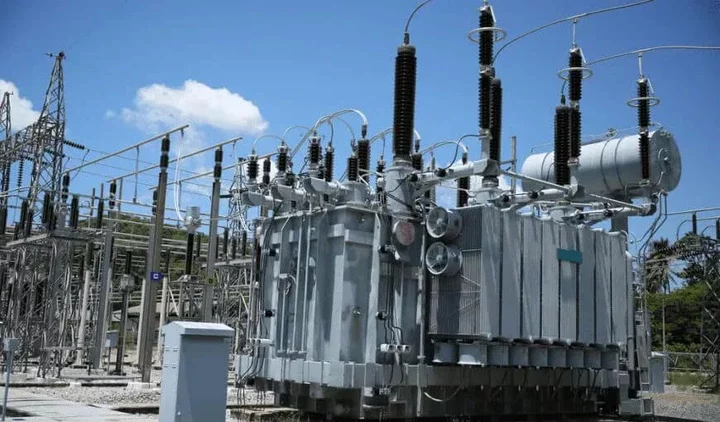
Efforts to restore electricity via alternative routes have been hampered, with the TCN indicating that a full resolution will take some time.
The blackout, now over four days old, began after vandals damaged the Shiroro-Mando transmission line, a key supply route for northern states.
In response, TCN attempted to redirect power through the Ugwuaji-Apir 330-kilovolt (kV) double-circuit line. However, a tripping incident on this line has further complicated power restoration efforts.
During a Nigerian Electricity Regulatory Commission (NERC) hearing, Engr. Nafisatu Asabe Ali, Executive Director of the Independent System Operator at TCN, explained that although the Ugwuaji-Apir line could transmit up to 750 megawatts (MW) of power, only 350 MW can currently be safely transmitted to Kano, Kaduna, and parts of Niger Republic due to voltage issues in Kano.
The Shiroro-Mando line remains inactive as the area where it was vandalized faces ongoing security risks. Despite having the materials ready for repair, TCN has received guidance from the National Security Adviser's Office that the area is presently inaccessible.
Meanwhile, TCN is sharing a limited 250 MW with Niger Republic, and once the Ugwuaji-Apir line is restored, the maximum transmission capacity will reach only 350 MW for the region.
NERC Chairman, Garba Usman, expressed concern over TCN's inability to prevent equipment failures, particularly transformer explosions, which have been a major cause of repeated outages.
He urged TCN to adopt stronger protective measures to prevent transformer fires that disrupt the grid.
Separately, Joy Ogaji, Managing Director of the Association of Power Generation Companies (APGC), highlighted that Nigeria has experienced 162 cases of grid collapse since 2013.
In the meantime, the House of Representatives has called on the Office of the National Security Adviser (ONSA) to work with the Nigerian Security and Civil Defence Corps (NSCDC), the Nigerian Army, and other security bodies to create a strategic security plan for safeguarding essential power transmission infrastructure nationwide.
This resolution was made following a motion by Rep. Sani Umar Bala, who noted that vandalism has led to frequent power outages affecting businesses, socio-economic activities, and the quality of life, as well as imposing significant costs on the government.
The House further recommended deploying advanced surveillance systems, including drones and CCTV cameras, to monitor transmission lines in high-risk areas.

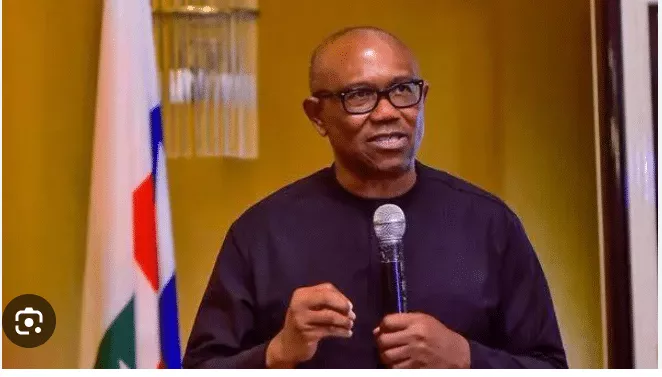
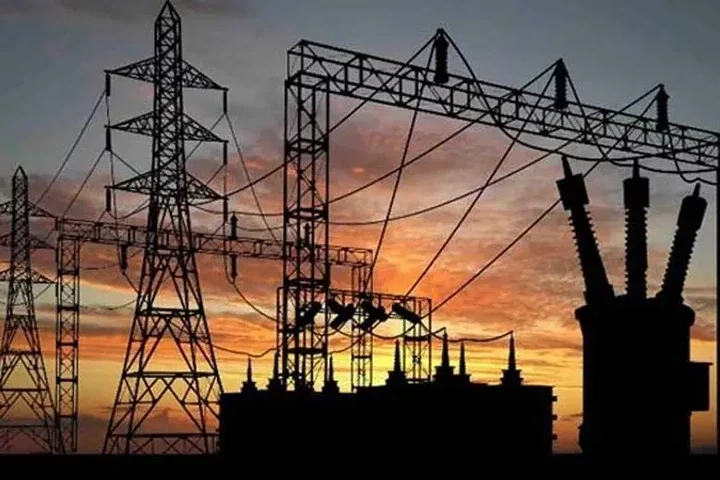

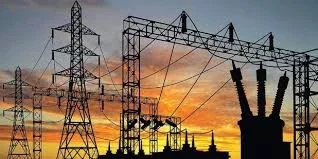
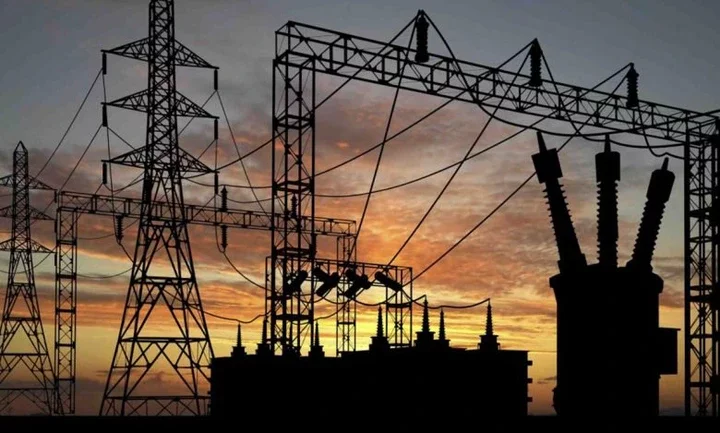
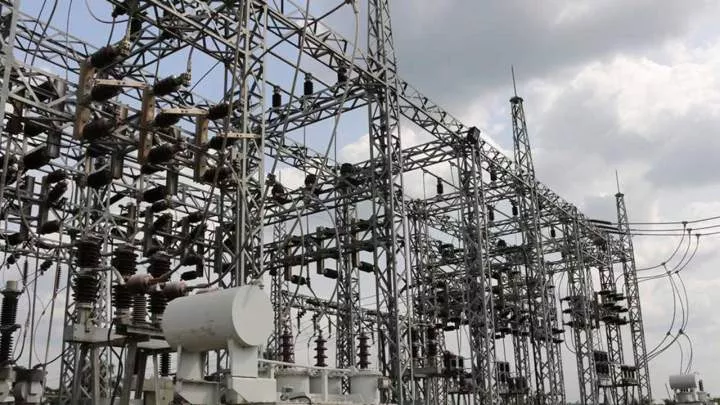

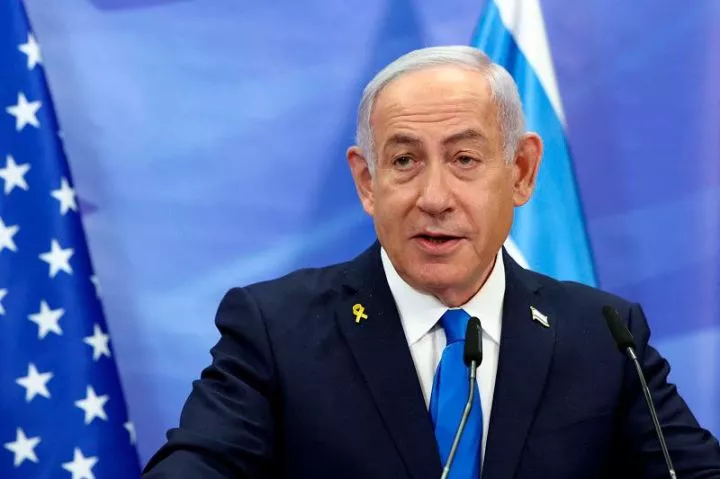







Comments